
Navigating the realm of cutting-edge medical technology often feels like traversing a landscape marked by constant evolution and innovation. One such technology that has revolutionized the way cardiovascular health is assessed is the Echocardiogram. This non-invasive, diagnostic tool uses sound waves to create detailed, moving pictures of the heart, allowing healthcare professionals to gain valuable insight into the heart’s functioning and structure. Let’s venture into the fascinating science behind it and shed light on its integral role in heart health.
The Science behind Echocardiogram
Understanding the Physics of Ultrasound and Echo Imaging
Echocardiograms hinge upon the properties of ultrasound waves. These are high-frequency soundwaves (>20,000 hertz), which are transmitted into the body and bounce back after hitting an interface. The returning ‘echoes’ are converted into images – a process called ‘echo imaging’.
The Sophisticated Technology: Transducers
The echocardiogram’s central element is the transducer, the handheld device that sends and receives ultrasound waves. It converts the electrical signals into ultrasound waves and reciprocally converts the returning echoes into electrical signals that the echocardiogram machine translates into images.
What is an Echocardiogram?
Definition of Echocardiogram
An echocardiogram, often known as a cardiac echo or simply “echo,” is a sonographic image of the heart that aids in assessing the organ’s structure and function.
The Functionality and Purposes of an Echocardiogram
The echocardiogram evaluates the heart’s chambers, valves, walls, and the blood vessels attached to it. This assessment reveals invaluable data about the heart’s health, including the detection of heart diseases, evaluation of damage after a heart attack, or monitoring heart conditions and the effectiveness of treatment options.
Types of Echocardiogram
Transthoracic Echocardiogram (TTE)
The most common type, TTE, involves a transducer moving over the chest to catch ultrasound waves echoing off the heart.
Transesophageal Echocardiogram (TEE)
During TEE, a probe is advanced down the patient’s throat to get closer images of the heart. It provides a detailed examination of the heart’s structure and function.
Stress Echocardiogram
This version involves taking echocardiograms before and immediately after exercise to assess how well the heart handles physical exertion.
Three-dimensional (3D) Echocardiography
The latest innovation in the field, 3D echocardiography, captures three-dimensional images of the heart, offering a comprehensive view of the heart’s structure and function.
Get to know us better
If you are reading this, you are in the right place – we do not care who you are and what you do, press the button and follow discussions live

The Process of an Echocardiogram
The Role of Cardiac Sonographers
Cardiac sonographers play a crucial role as medical professionals who specialize in obtaining and interpreting sonographic images, including echocardiograms.
What to Expect: Before, During, and After an Echocardiogram
Before the procedure, you will undress from the waist up and lie on an examination table. While conducting the echocardiogram, the sonographer will apply a special gel to your chest and then move the transducer smoothly over your chest, capturing images of your heart. After the procedure, you can resume regular activities with no restrictions.
Understanding the Results of an Echocardiogram
Echocardiogram Parameters: Ventricular Size, Wall Thickness, and Function
The results of an echocardiogram allow healthcare professionals to investigate the dimensions of the heart, the thickness of the heart walls, and how effectively the heart is pumping blood.
Diagnosing with Echocardiography: Common Heart Conditions Unveiled
Echocardiograms can identify a wide array of heart conditions, including heart failure, coronary artery disease, valve disorders, and congenital heart defects among others.
Risks and Limitations of an Echocardiogram
Potential Physical Risks
Echocardiograms are generally safe with no known risks. However, a Transesophageal Echocardiogram may cause transient discomfort or difficulties swallowing.
The Limitations and Alternatives to Echocardiography
Whilst the echocardiogram is a powerful tool, it may not provide sufficient information in some cases. In such situations, other tests such as CT scans, MRI, or cardiac catheterization may be required.
Conclusion
Echocardiograms are pivotal in the early detection and management of numerous heart conditions, playing an instrumental role in safeguarding cardiovascular health. It symbolizes the medical industry’s remarkable advancements in utilizing sound waves to explore the complex intricacies of the human heart.
Frequently Asked Questions
- What does an echocardiogram show that an EKG doesn’t?
An EKG records the heart’s electrical activity, whereas an echocardiogram provides visual images of the structure and function of the heart.
- Can I eat or drink before an echocardiogram?
Yes, you can eat, drink, and take all your regular medications before a standard echocardiogram.
- How should I prepare for an echocardiogram?
No specific preparation is required. Dress in loose and comfortable clothing and be ready to undress from the waist up.
- How long does it take to get results from an echocardiogram?
Results can generally be discussed with your doctor shortly after the examination. However, in some cases, a more detailed study and consultation may be required before discussing the results.
- Can an echocardiogram detect heart disease?
Yes, the echocardiogram is a key tool in diagnosing a wide range of heart diseases, including structural abnormalities, valve diseases, and coronary heart disease.






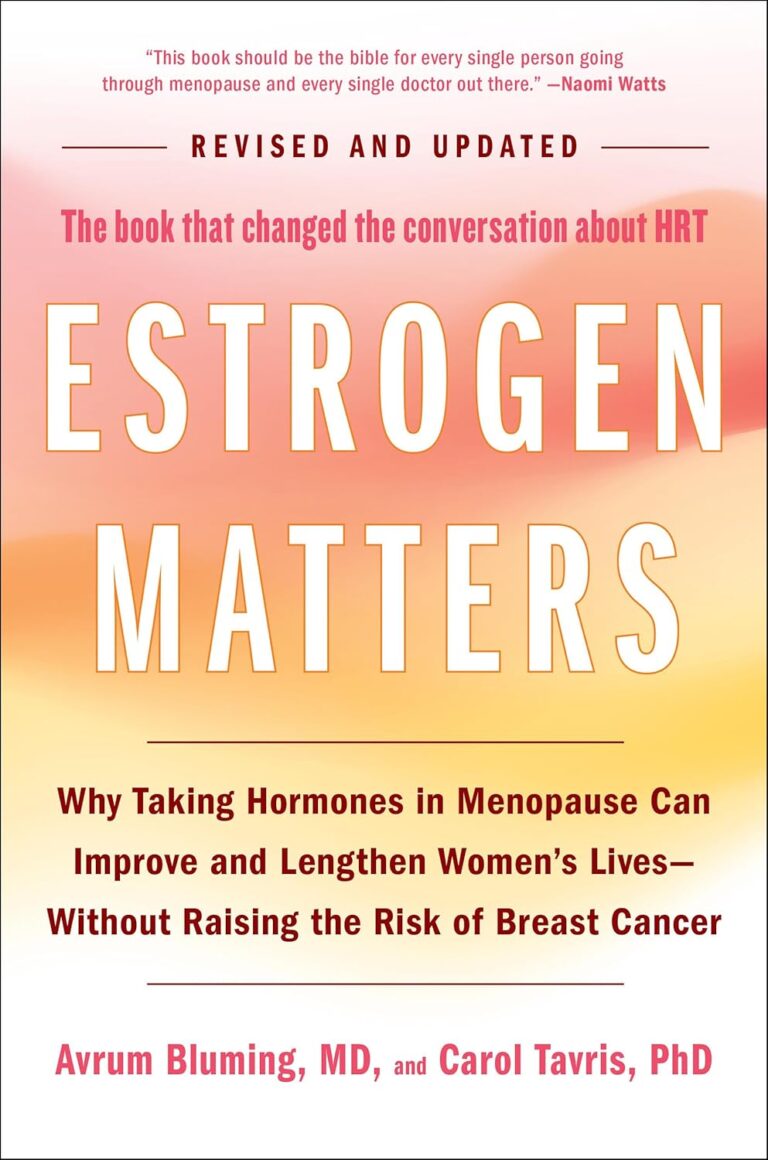
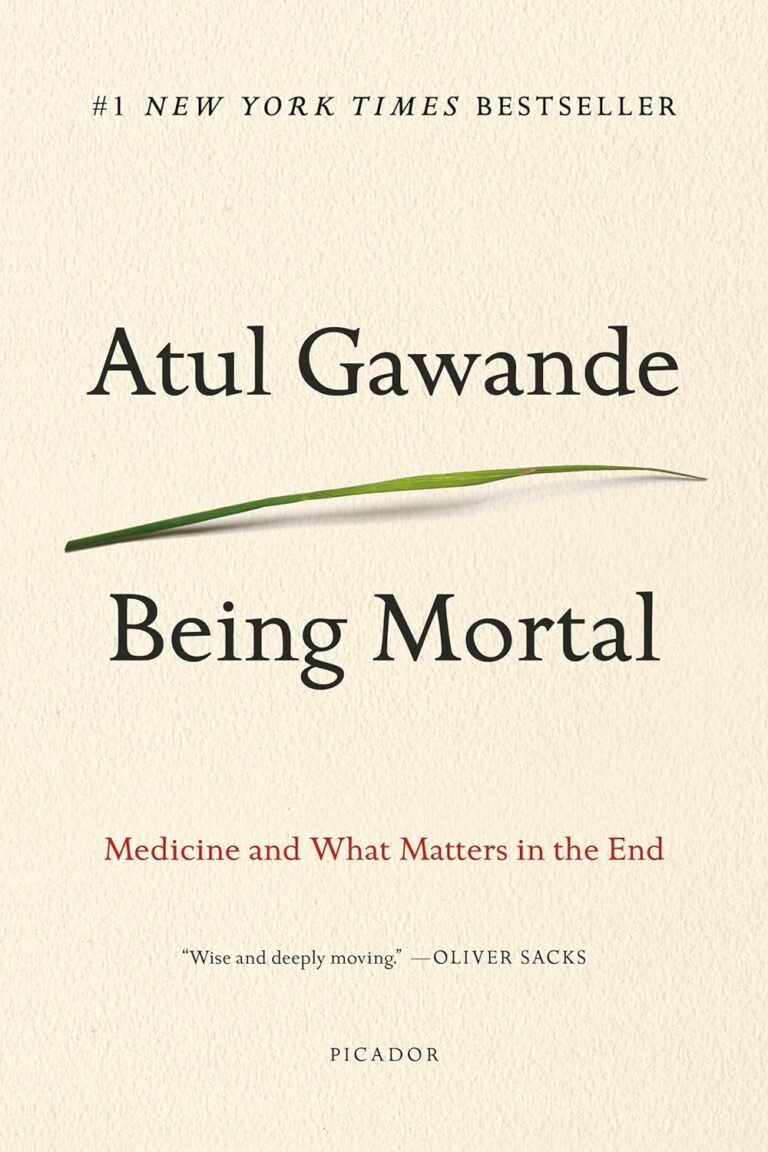

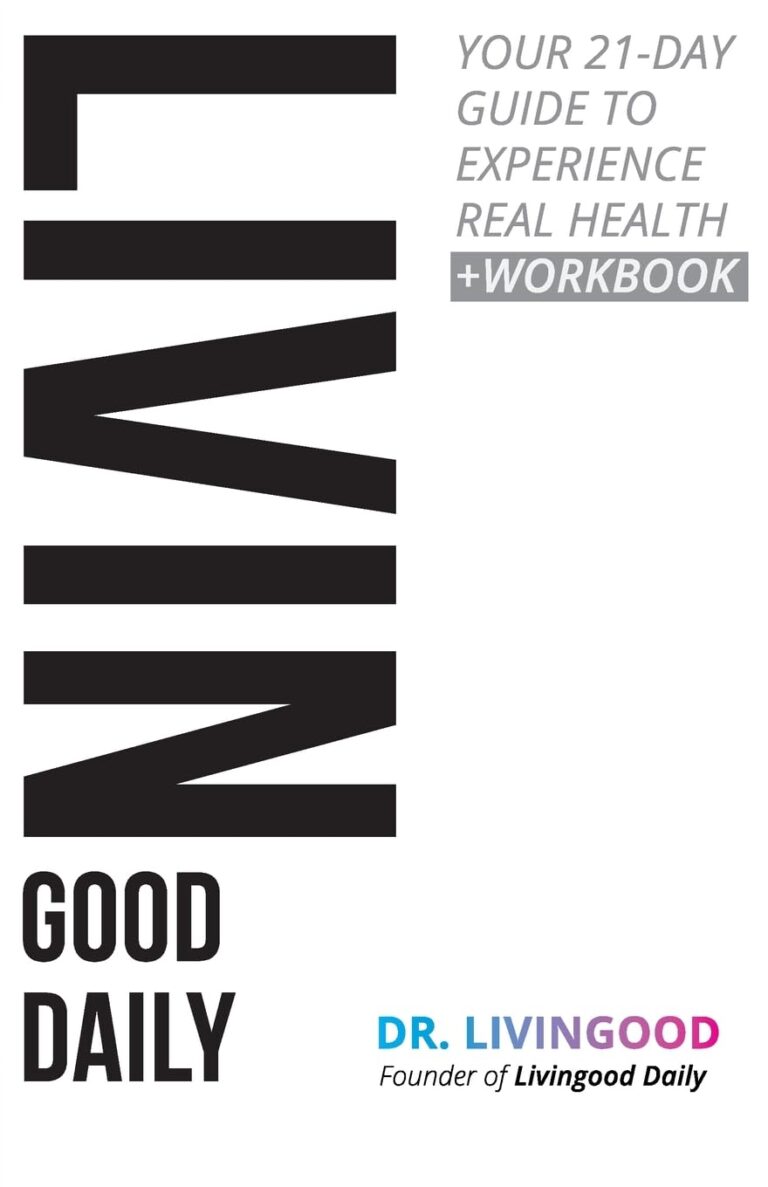
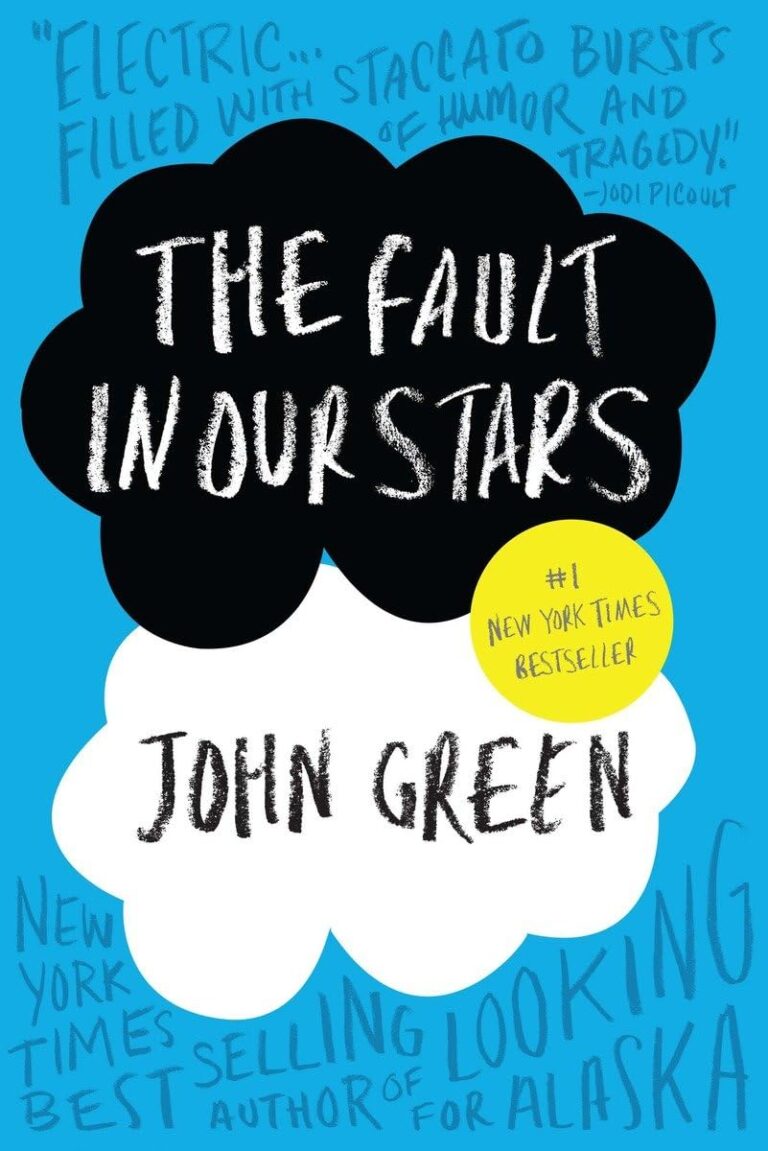
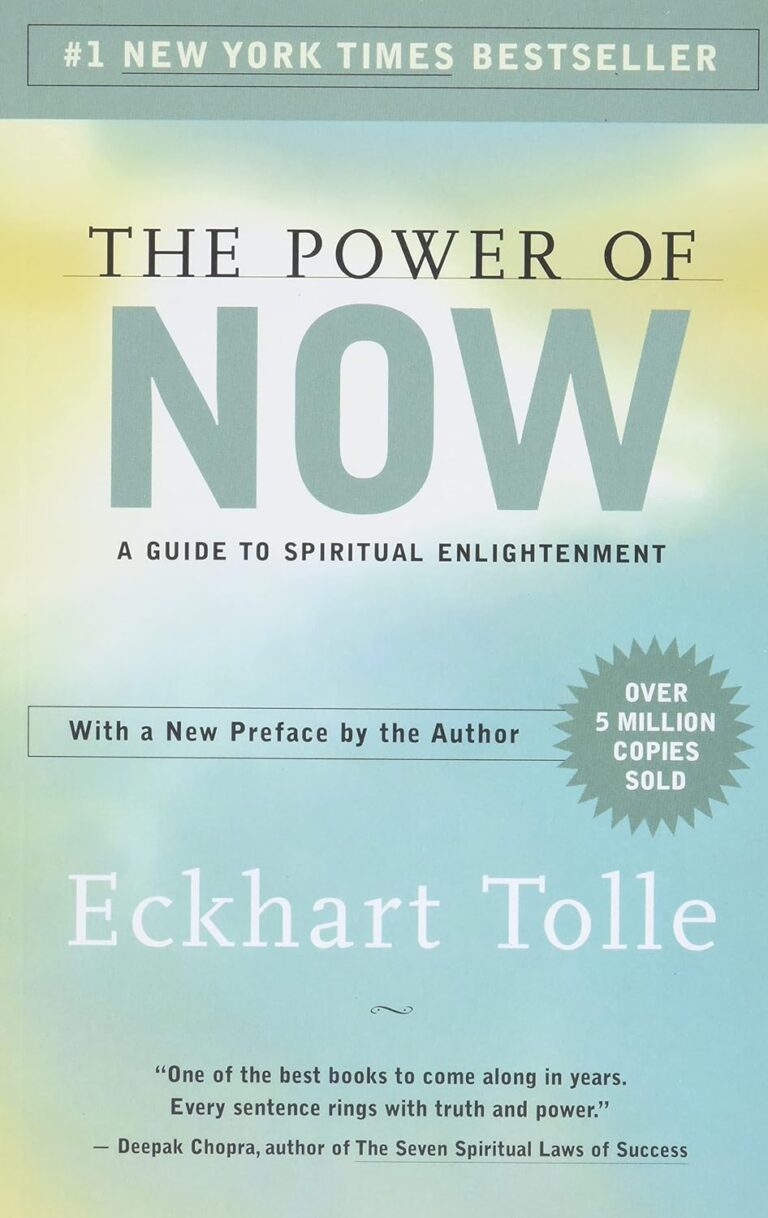
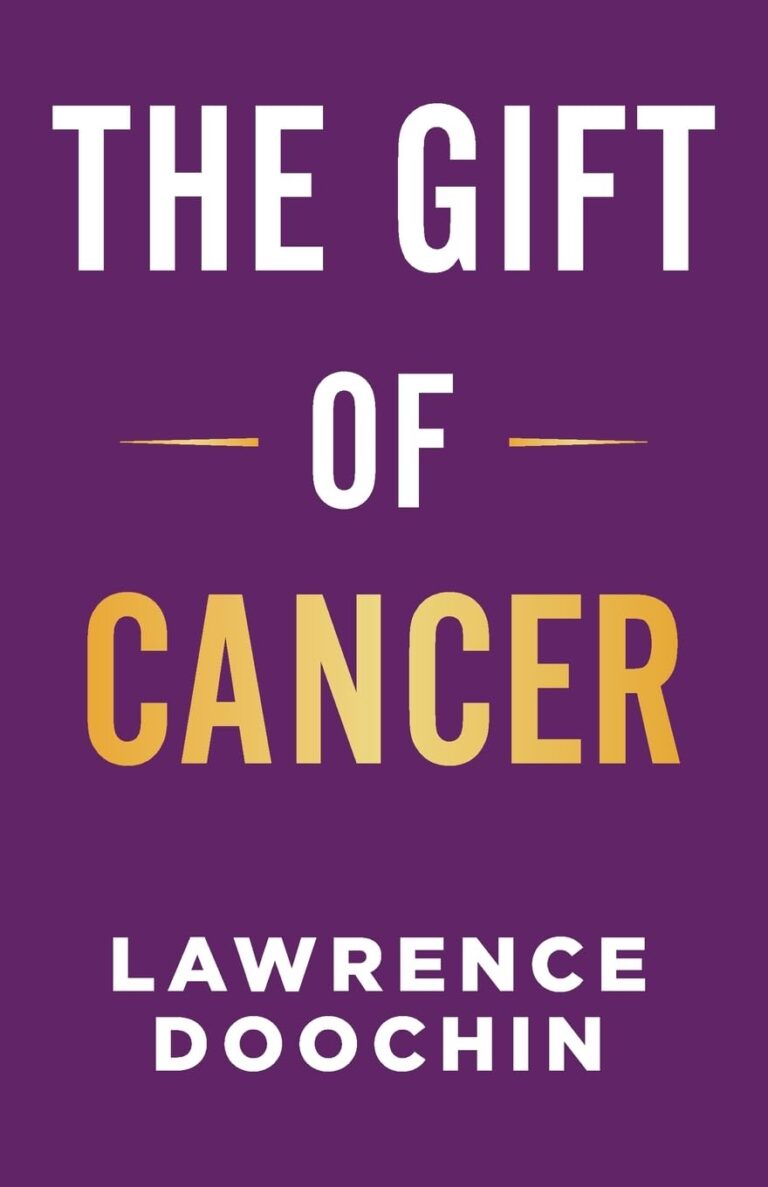

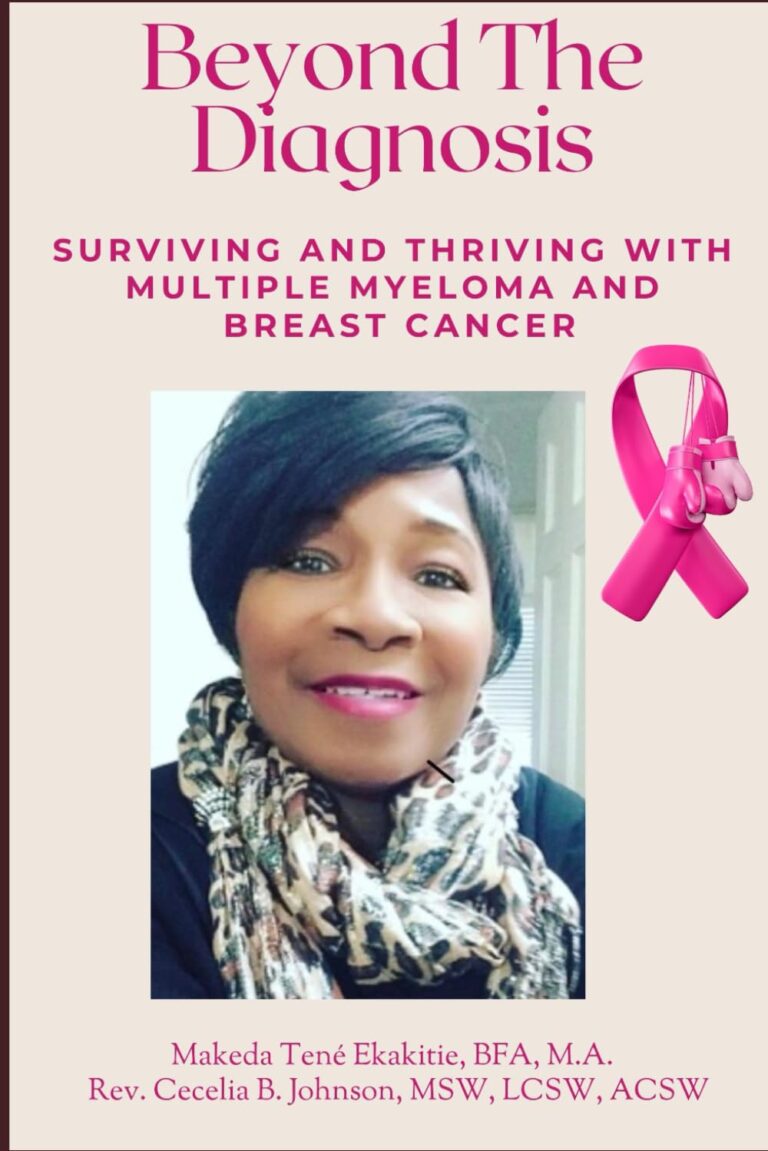
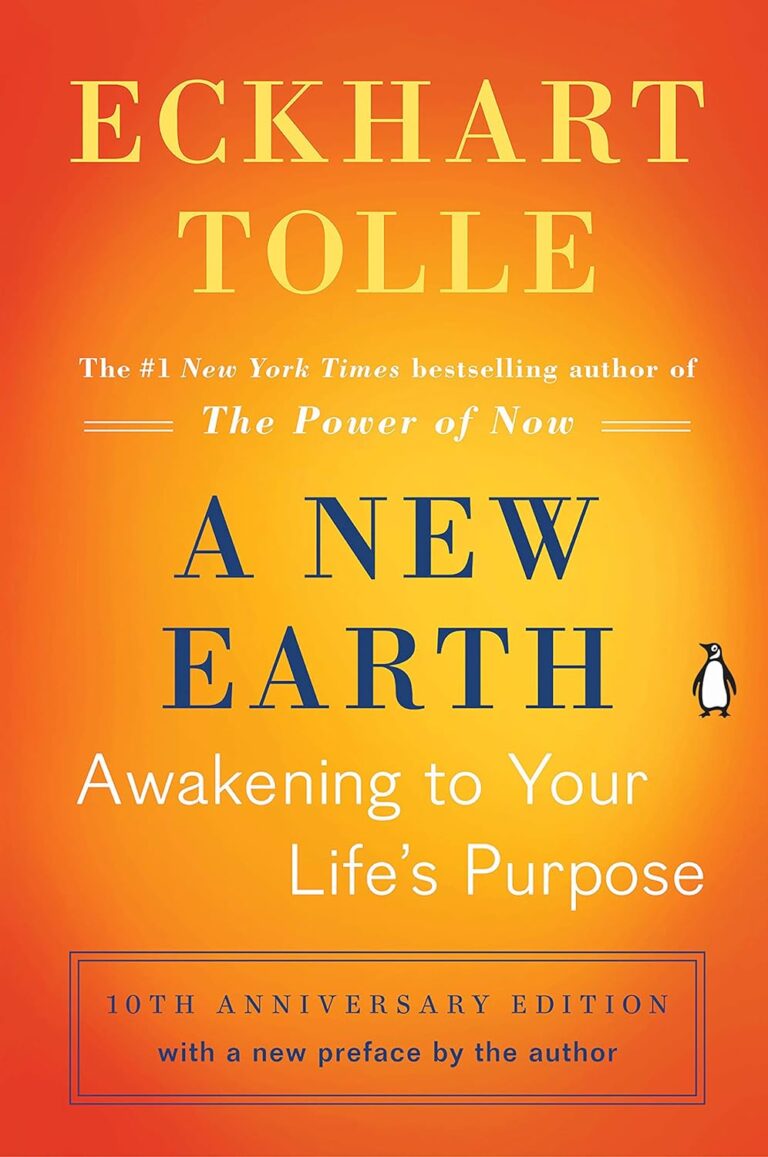

Comments
Thank you. Comment sent for approval.
Something is wrong, try again later